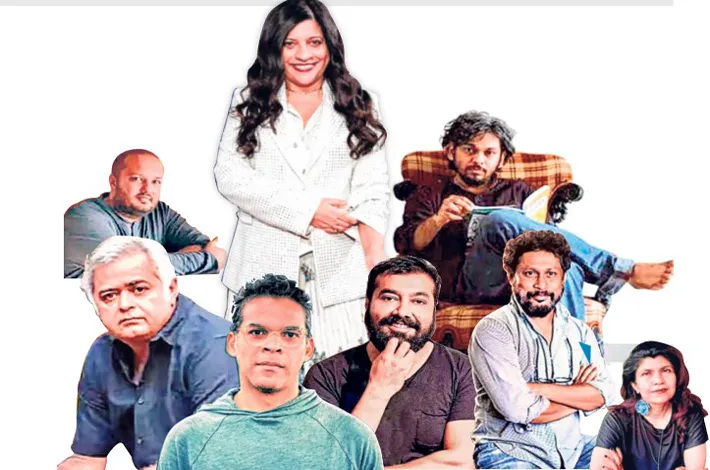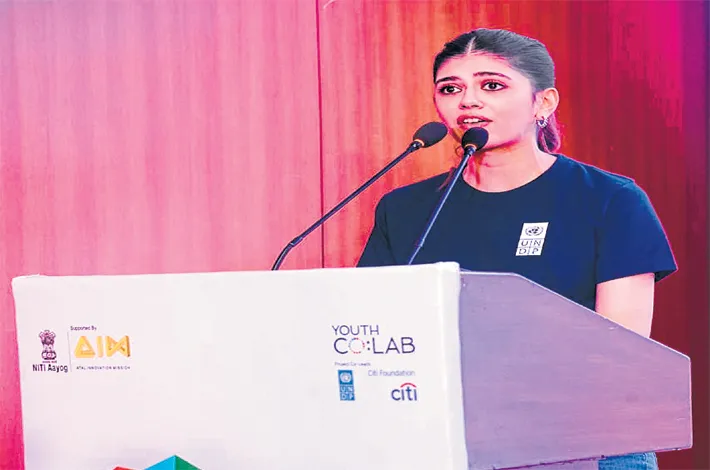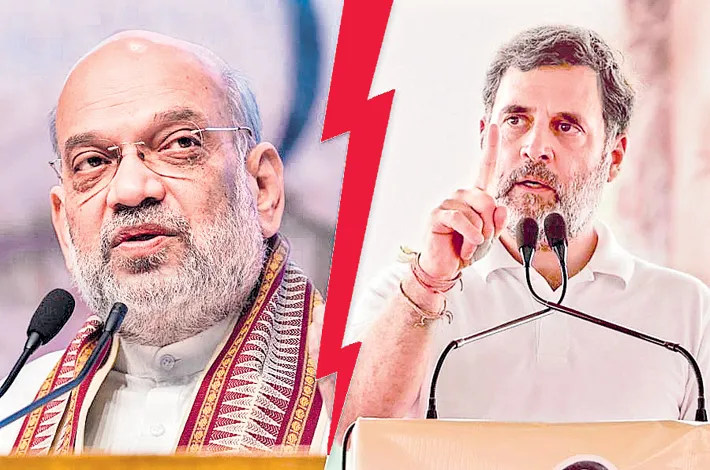Redefining Hindi Cinema
30-08-2025 12:00:00 AM

From gritty realism to genre-defying storytelling, a new wave of directors is reshaping the future of Indian filmmaking
For decades, the Hindi film industry has wrestled with the label “Bollywood,” a term originally coined to diminish it as a campy imitation of Hollywood. This reputation was reinforced by an era of formulaic storytelling and blatant plagiarism. Yet, in recent years, a new generation of filmmakers has reshaped the narrative, moving beyond imitation to craft cinema rooted in Indian identity, complexities, and cultural truths.
These directors are not only changing the way Hindi films are made but also the way they are perceived by audiences at home and on global stages. Together, these filmmakers represent a seismic shift in Hindi cinema — away from derivative formulas and toward authentic, bold, and deeply Indian storytelling. Whether through intimate dramas, socio-political thrillers, or genre-defying experiments, they are rewriting the rules of what Hindi cinema can be and, in doing so, redefining its place in the world.
Zoya Akhtar
One of the most influential contemporary voices in Hindi cinema, Zoya Akhtar has consistently challenged conventions with films like Luck By Chance, Zindagi Na Milegi Dobara, and Dil Dhadakne Do. Her debut offered a piercing look at Mumbai’s film industry through the eyes of struggling aspirants, while her later works explored friendship, family, and identity with unflinching honesty. Akhtar’s strength lies in her ability to craft layered, timeless characters — immune to passing trends yet deeply relatable.
Anurag Kashyap
A maverick and disruptor, Anurag Kashyap has redefined Indian cinema with his raw, unapologetic storytelling. From co-writing Satya (1998) to helming cult classics like Black Friday, Dev.D, and the epic Gangs of Wasseypur, Kashyap’s work has been instrumental in breaking Bollywood’s formula-driven mold. His influence extends beyond his films — he has nurtured a generation of actors, writers, and filmmakers who continue to shape independent cinema in India.
Hansal Mehta
From Shahid and Aligarh to CityLights and Omerta, Hansal Mehta has consistently crafted films that spotlight real stories and marginalised voices. His collaboration with RajKummar Rao has yielded some of Hindi cinema’s most powerful performances. With Scam 1992, Mehta extended his influence to streaming, creating one of India’s most acclaimed series. His evolution from directing television cookery shows to shaping hard-hitting, socially resonant cinema is a testament to his versatility and vision.
Vikramaditya Motwane
Motwane’s debut feature, Udaan, premiered at Cannes and announced him as a powerful new voice. Deeply personal yet universally resonant, the film captured the angst of youth and oppressive authority. He followed it with the delicate romance Lootera, the survival thriller Trapped, and the vigilante drama Bhavesh Joshi Superhero. Each work reaffirmed his reputation as an experimental filmmaker unafraid to blur genres while maintaining emotional truth.
Sejal Shah & Bhavesh Mandalia
In an industry dominated by established production houses, Sejal Shah and National Award-winning writer Bhavesh Mandalia have quietly built a reputation for backing unconventional yet impactful stories. Their work spans acclaimed projects like Serious Men (which earned Nawazuddin Siddiqui an Emmy nomination), the satirical series Decoupled, Delhi Crime Season 2, and the hit thriller Asur 2. As a director, Sejal’s Costao was praised for its emotional depth, while her production Saare Jahan Se Accha reinforced her commitment to telling stories that matter.
Anand Gandhi
Anand Gandhi’s work is deeply influenced by philosophy, socio-politics, and culture, often leaving a lasting impression through the projects he has been part of. His association with films like Tumbbad and the documentary An Insignificant Man reflects this vision. The latter, which chronicled the rise of the Aam Aadmi Party, earned widespread acclaim at international film festivals.His recent project with Zain Memon — Maya, a sprawling transmedia universe that launched with its first novel Maya: Seed Takes Root — has ambitions far beyond entertainment. The project is built around a core philosophy:"Whoever controls the stories, controls our dreams and nightmares, our very desires and fears. Their whispers become our will."It’s a philosophy that drives Maya, described as “the story we didn’t know we were already living.” Set on planet Neh, the narrative centers on a biological network of sentient trees that functions as a living internet.
Shoojit Sircar
Shoojit Sircar’s filmography is marked by sensitivity and originality. Vicky Donor tackled sperm donation with refreshing humor and warmth, Piku examined familial bonds with charm, while Madras Cafe and Sardar Udham offered gripping political and historical narratives. His long-time collaboration with screenwriter Juhi Chaturvedi has produced some of Bollywood’s strongest female characters. Sircar’s ability to weave socially relevant themes into engaging stories makes him one of the most versatile filmmakers of his generation.








